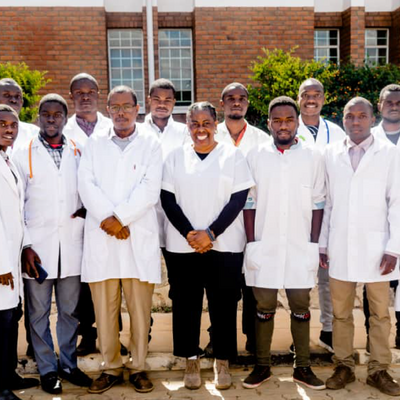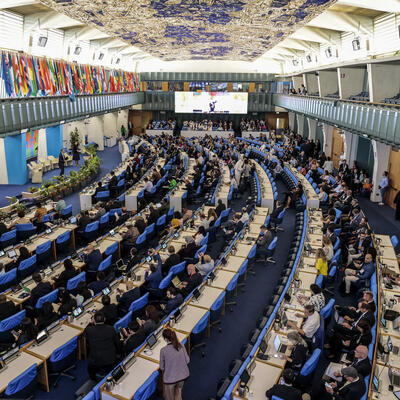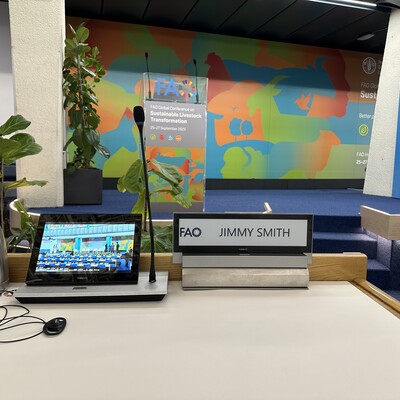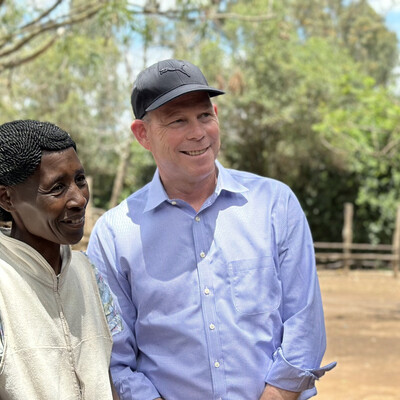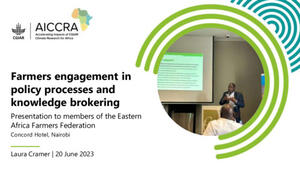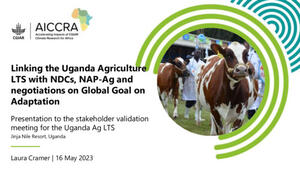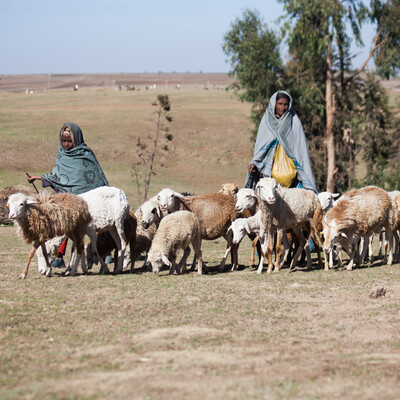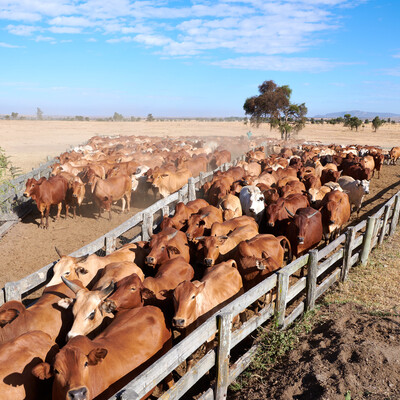
Local governance of natural resources for community stabilization in Central Mali (Kedo Diren)
The project aims to reduce conflicts between farmers and pastoralists within transhumance corridors, provide new livelihood opportunities for women and youth, and provide economic empowerment alternatives to prevent the youth from joining extremist organizations.
Mali's Mopti region is endowed with immense water and land resources generating for livelihoods for millions of families. The availability of these resources made the region an ideal environment for a thriving ruminant livestock farming. However, the region has recently been the scene of violent conflicts caused by competition over natural resources fueled by terrorist attacks. This resulted in the displacement of thousands of people, fatalities, and significant losses of properties. Therefore, the necessity exists to foster the path to stability in the Mopti region by promoting participatory and inclusive management of natural resources in the region.
Kedo Diren, translated as 'listen to one another', focuses on local natural resource governance for community stabilization in central Mali. Kedo Diren works with the Government of Mali, experienced local NGOs (AMEDD and Sahel Eco), and other key actors to promote stability through participatory and inclusive management of key land and water resources including dry season wetlands and rainy season upland pastures. The activity addresses conflict that originates through competition for dwindling natural resources by establishing local conventions among key actors. The activity also establishes diversified small ruminant and animal feed businesses operated by women and youth as a strategy to improve community resilience. The project also collaborates with on-going activities and operates within the Delta zone of USAID/Mali’s Feed the Future Zone of Influence and Resilience Focus Zone.
The project will work on select communes in four districts of central Mali in the Mopti region namely, Mopti, Bandiagara, Djenne, and Douentza.
Project objectives
- Reduce tension over agricultural and grazing land in target communites that span historical transhumance corridors.
- Assist communities to sustainably rehabilitate degraded agricultural land and pastures.
- Empower women and youth to participate in natural resource management decision-making.
- Engage women, youth, and other vulnerable populations in livestock and feed-based business opportunities.






